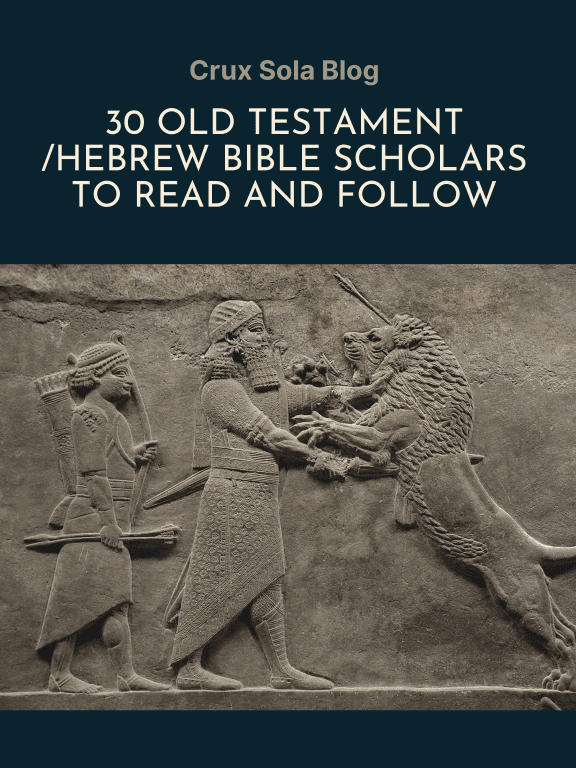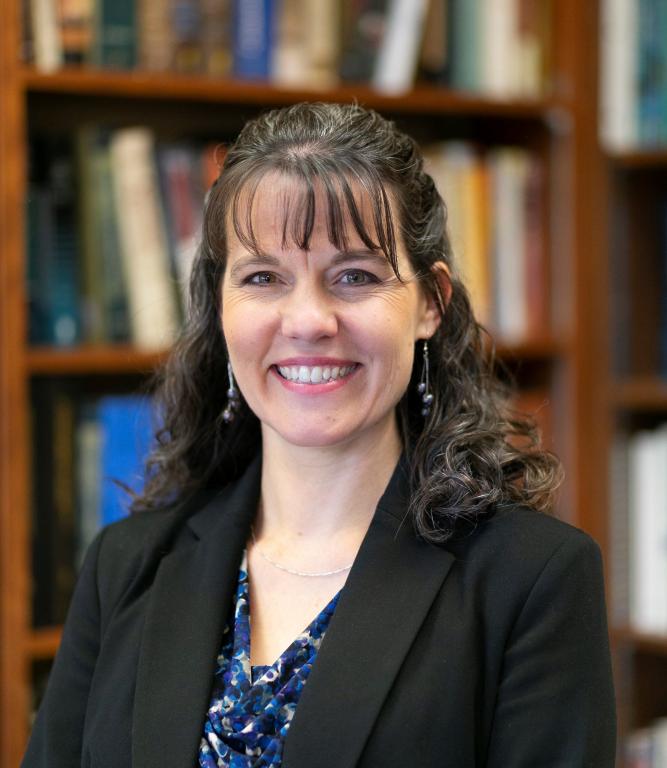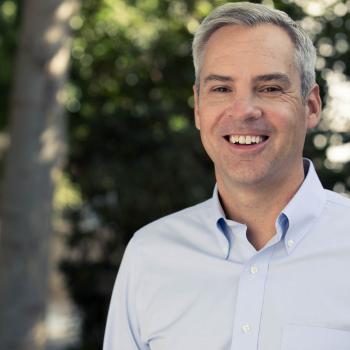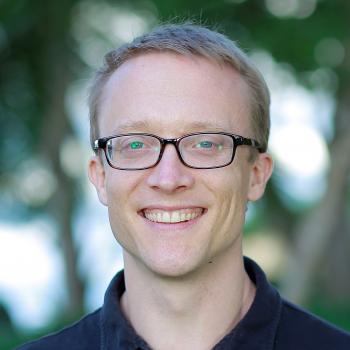
Carmen Joy Imes, Associate Professor of Old Testament at Prairie College in Three Hills, Alberta

Why do you love teaching and researching about the OT/HB? (1-2 paragraphs)
Christians usually know that reading the Bible is important, but so many are uncomfortable with the Old Testament. Many parts seem boring, while others are confusing or even objectionable. I love helping people connect with the message of the Old Testament and discover its relevance for their own lives. Watching the lights come on for students is my favorite thing. I’ve found that whatever I’m researching finds its way into the classroom as a ready example for the topics at hand. When I discipline myself to do careful research and express it clearly, I become better prepared to engage with students’ questions. Their questions, in turn, often fuel my research as I try to develop a clearer understanding of the text.
What is one “big idea” in your scholarship?
My personal mission is to be a bridge between the academy and the church — doing faith-full and rigorous academic work, representing Christ in the academy, but also helping laypeople access quality scholarship and equipping them to read scripture well. The big idea that I try to communicate in the classroom is that in order to become competent readers of scripture, we need to consider three different contexts of a biblical passage — the historical context, the literary context, and the theological context. Knowing about life and culture in the ancient Near East is important so that our expectations fit that communicative environment. When we ignore the ancient context, we run the risk of reading our own context into the text and distorting its message. Likewise, the literary context is important. I want students to attend carefully to how the stories are told and how the poetry is crafted. Developing sensitivity to literary features helps us to zero in on what the author is trying to communicate. As for the theological context, we need to pay attention to where we are in salvation history. Theological themes such as creation and covenant carry through the entire Bible, and we must always be asking ourselves how a given passage fits into the larger story of God’s work to redeem and restore all of creation.
Who is one of your academic heroes and why do you admire them?
Daniel Block was my doctoral mentor and my biggest academic hero. He is known for his rigorous scholarship, passionate teaching, prodigious publishing output, and his ability to build bridges with other scholars across the theological spectrum. As a mentor he invested heavily in me as a person, not just as a scholar. You should try to read everything he has written! He’s a careful thinker well respected in so many circles.
What books were formative for you when you were a student? Why were they so important and shaping?
John Walton, Ancient Near Eastern Thought and the Old Testament
Walton introduced me to the ancient world and helped me appreciate the implications of Bible reading as a cross-cultural experience. We need to use the same care in understanding how the world works for ancient Israelites as we do when making our home in a new cultural context. Walton is an excellent guide to careful methodology that yields fruitful insights.
Christopher J. H. Wright, The Mission of God: Unlocking the Bible’s Grand Narrative.
This was one of my favorite books discovered in seminary. Wright articulates the sweeping story of Scripture, showing how all of it participates in God‘s mission to restore all things.
Adele Berlin, The Dynamics of Biblical Parallelism
Berlin’s careful reading of the Hebrew Bible unlocked the beauty of biblical poetry for me. I discovered her book too late to change topics for my doctoral dissertation, but I’ve been itching to spend more time in the Psalms ever since. Berlin illustrates the variety of ways the pairs of poetic lines play off of one another. To me her insights are the #1 reason to learn Biblical Hebrew.
‘Bearing God’s Name: Why Sinai Still Matters’ (IVP)
If you ran into me at SBL, and you didn’t want to talk about OT/HB studies, what would you want to talk about?
At SBL, I’d generally want to swap stories about teaching methods, writing projects, and institutional news. I am a true nerd. But I also enjoy camping, hiking, and pickle ball, and reading middle grade novels. I also dabble in photography.
What is a research/writing project you are working on right now that you are excited about?
I’m currently working on two larger projects in tandem: a commentary on Exodus for Baker Academic and a book for IVP on being the image of God. On any given day, I’m in the Torah working on one of these exciting projects. And since I’m not very patient (publishing is such a looong process), I’m releasing short weekly videos on my YouTube channel with insights I’ve learned along the way. It’s called “Torah Tuesday.”


















